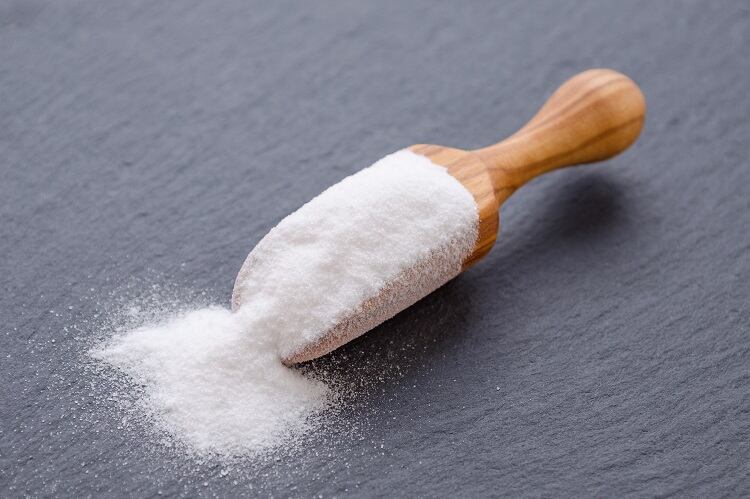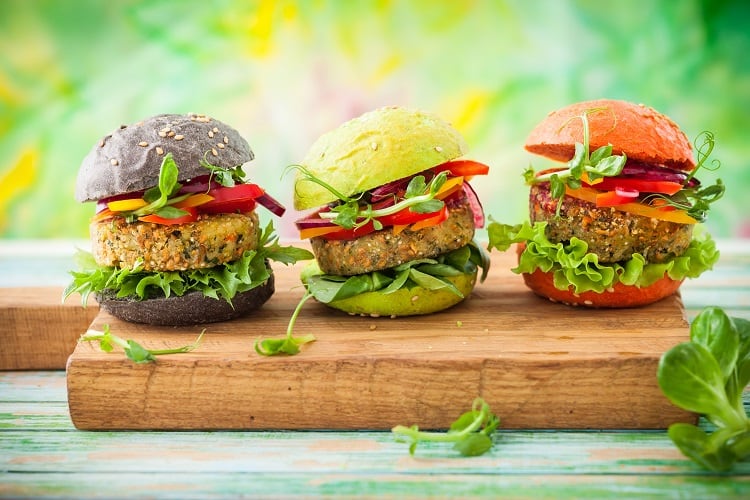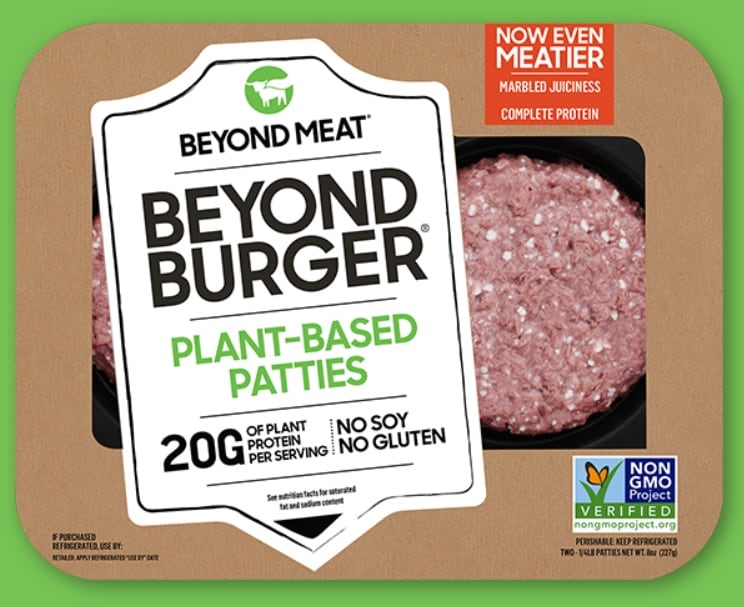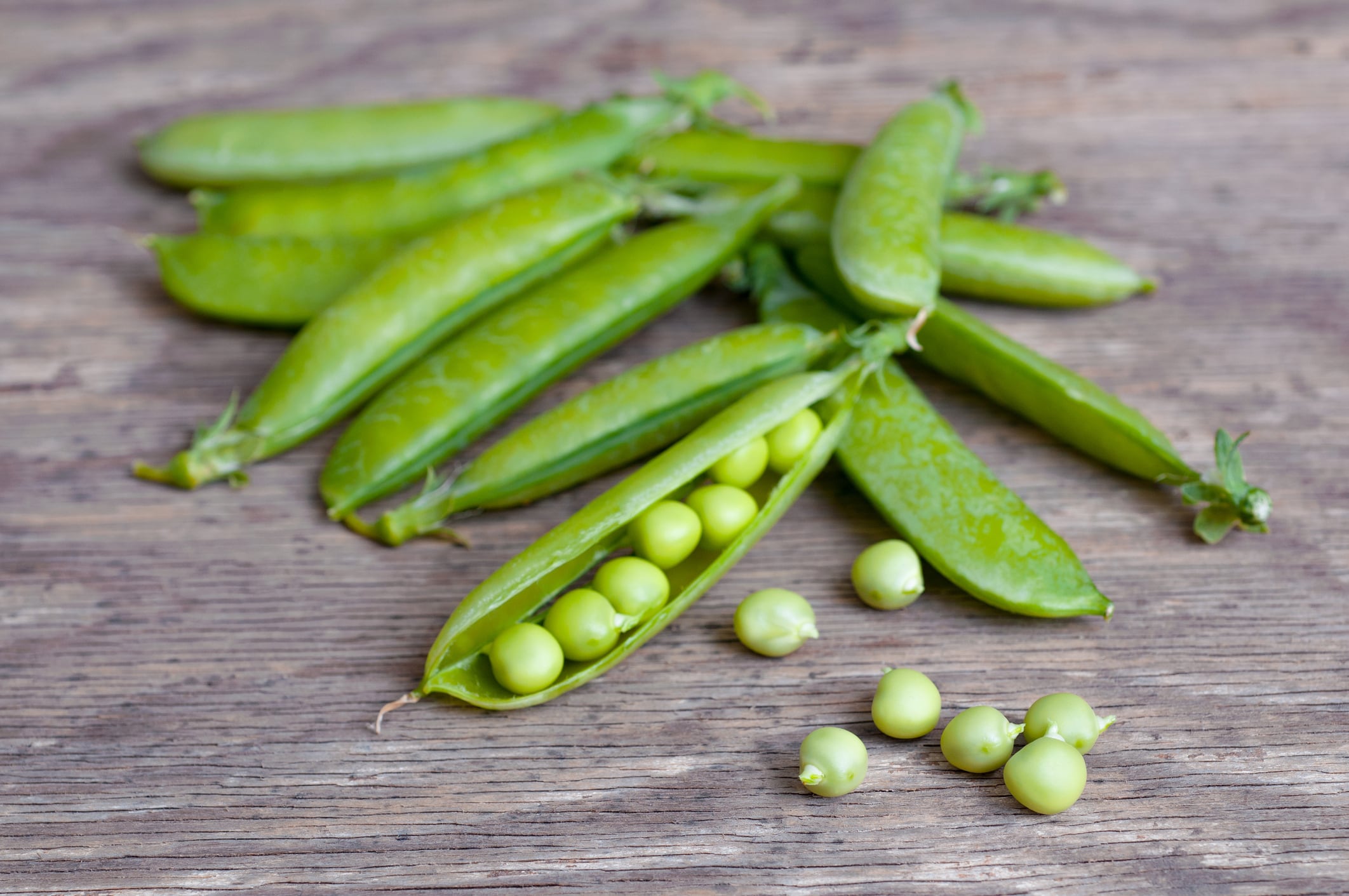French pea protein supplier Roquette has announced the launch of L85M, a new ingredient to be sold under its Nutralys pea protein range.
Currently available in Europe, before it launches in the Americas later this year, L85M enables customers to create plant-based ‘meat’ products with less salt, “to meet consumers’ demands and expectations when managing their daily intake”, noted the firm.
Salt in plant-based
Plant-based meat alternatives have raised concerns of late regarding their nutritional profile.
In order to achieve the desired taste, texture or mouthfeel associated with the ‘real thing’, some food manufacturers add salt, fats or sugars to their plant-based recipes.
Salt, in particular, has attracted attention in this category, given the association between high-sodium diets and increased risk of strokes and heart disease.
Roquette’s L85M is primarily targeting the formulation of plant-based meat alternatives with lower salt content, the company’s Head of Marketing Food, Europe, and Global Manager, Savory, Benjamin Voiry told FoodNavigator.
“Nutralys L85M is a highly functional pea protein that helps reduce salt in plant-based meats, having emulsifying and texturizing properties while keeping great sensory attributes,” he said.

According to the French pea protein supplier, its innovation is driven by consumer demand and feedback of plant-based meat alternatives.
“Not all plant-based meat alternatives are high in salt, but we can improve some soy protein or pea protein recipes to lower the global salt content,” Voiry told this publication.
“The innovation challenge was really to keep high functionality while keeping a good taste.”
‘Silent reduction’
How much salt the new ingredient can cut from plant-based recipes, however, depends on how the finished product is formulated. Relevant considerations include the quantity of protein and salt used, and the amount of salt present in other plant-based ingredients.
“Our customer technical service was able to achieve more than 30% reduction in salt in veggie balls by using Nutralys L85M,” said Voiry. “Our customer approach is to exchange on the salt reduction objective, process used, and final application, to give the best advice.”
The ingredient can help manufacturers take either a ‘silent reduction’ approach to reformulation or make ‘reduced salt’ claims on-pack.
“As we have in some applications been able to achieve more than 25% reduction, it allows a ‘reduced salt’ claim in Europe and ‘reduced sodium’ in the USA, where the reduction target is at 25%”, explained Voiry.
A ‘silent’ reformulation strategy, whereby manufacturers reformulate to a lower energy or ingredient density without making specific claims on the product, is ‘easily achievable’, the marketing manager continued. “Nutralys L85M is labelled ‘pea protein’ and can easily be incorporated [into an] existing formulation instead of soy protein or pea protein.”





